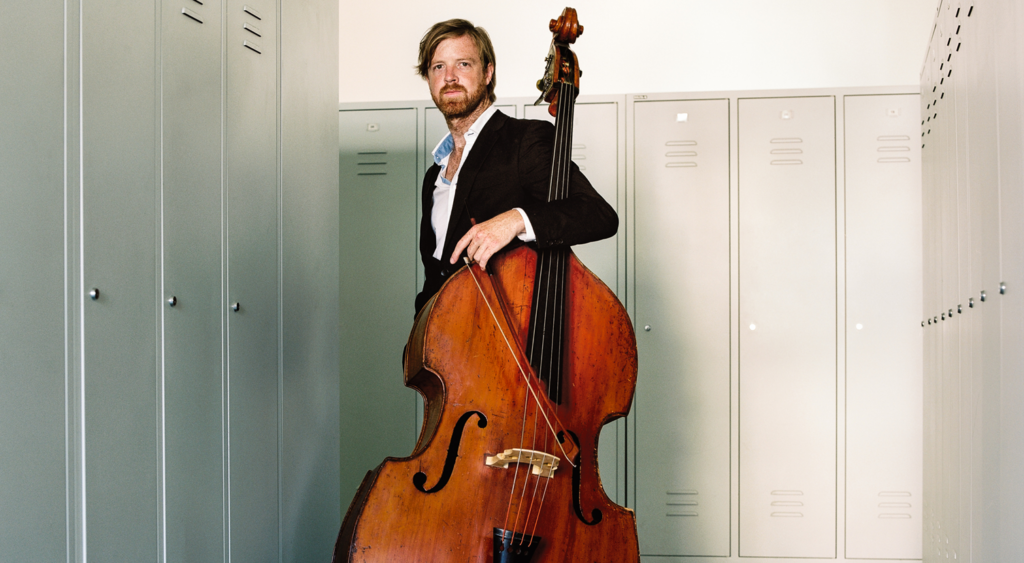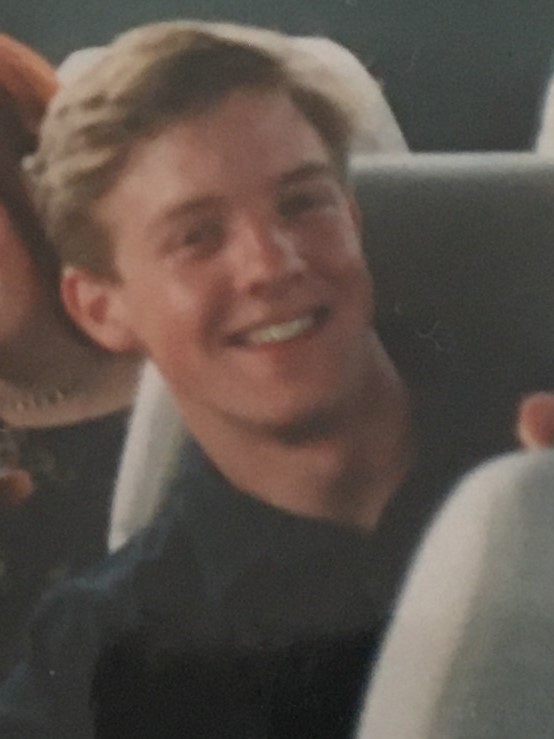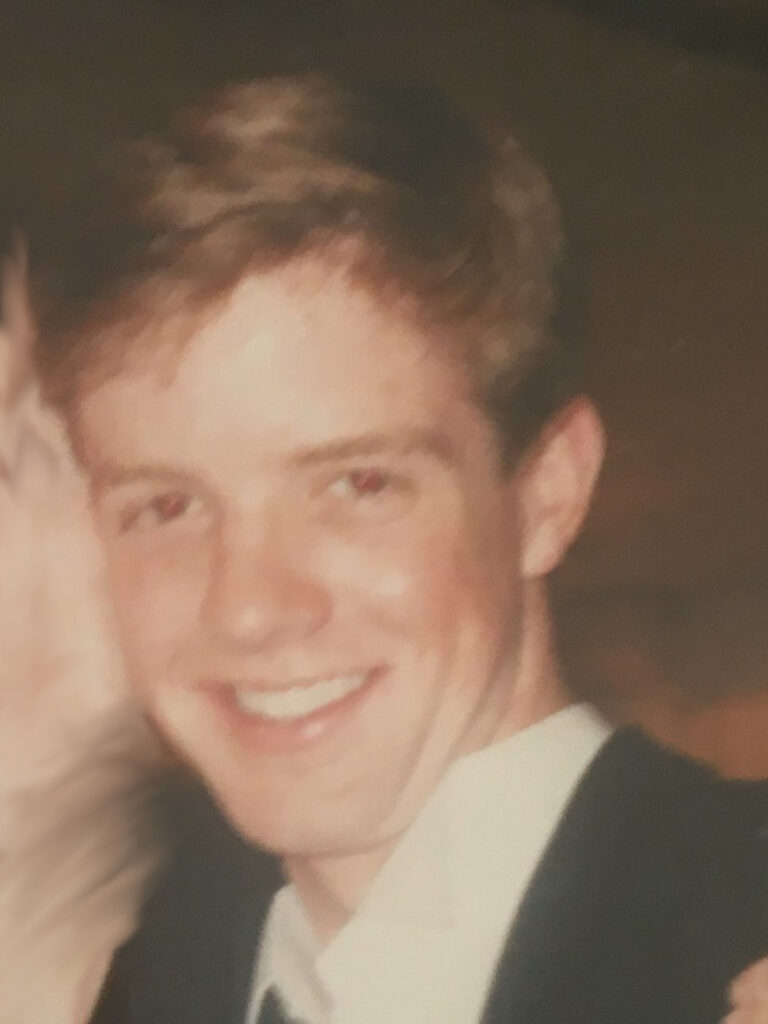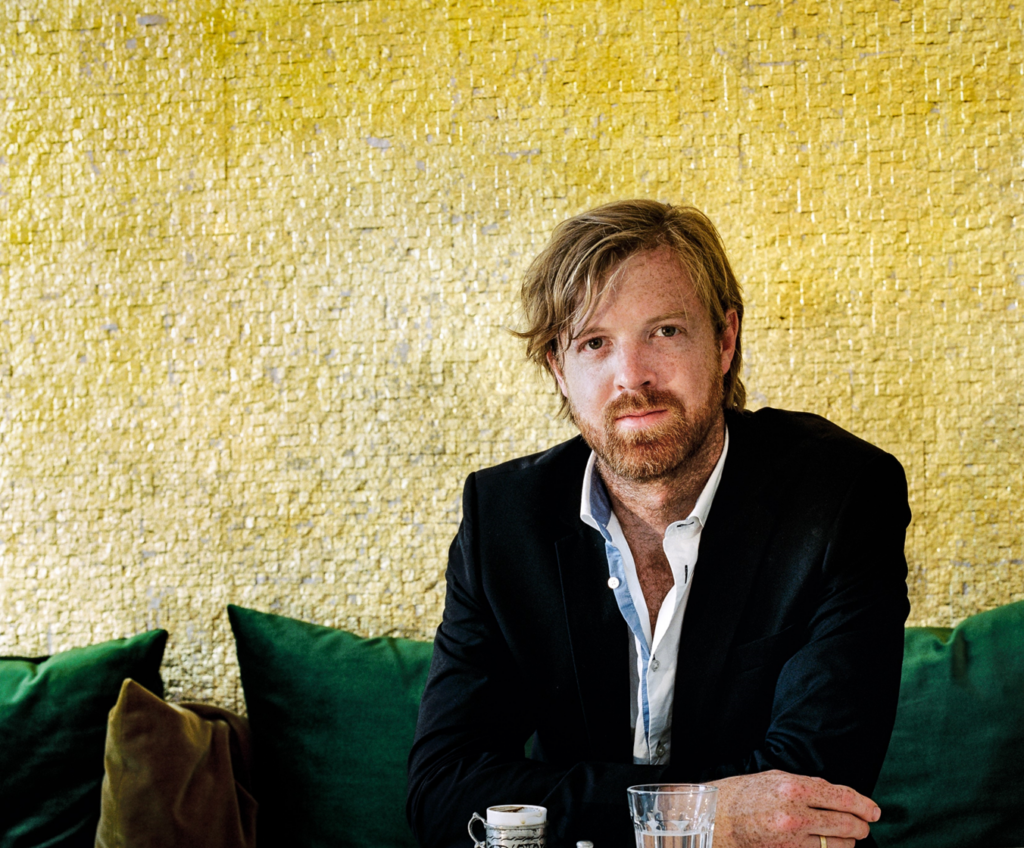
The Artists of 2021: Matthew McDonald
Matthew McDonald
Soloist, Australian Youth Orchestra Season 2021
We are lucky to be working with an array of incredible conductors, instrumentalists and arts administrators in 2021, many of whom have been a part of the AYO community throughout several decades. Matthew McDonald, Elissa Seed and Fabian Russell chat about their AYO journey and their successful careers within the music industry throughout Australia and across the globe.

What led you to play the double bass?
As a high school student in Canberra, I had weekly violin ensemble rehearsals (when I still pretended to play violin) in my high school’s music department and there was a bass in the corner of the room. It just oozed coolness, wisdom, and gravitas all in one instrument. But I was too in awe to dare play it until another kid in the third violin section started plucking a cool melody on his fiddle. I asked him what it was, and he said it was a bass line. He then showed me his electric bass and I thought, ‘Oh wow, that’s what I want to play!’ I told my parents and they agreed to buy me one for Christmas on the condition I also learn the double bass. I’m so glad I agreed.
What were some of the main highlights of taking part in the Australian Youth Orchestra in the 1990s?
Aside from things like National Music Camp and the Camerata Program, I took part in two AYO tours: Australia in 1995; and Europe and the US in 1996. I can still remember my mum coming to school with the post to open the results after my successful audition – one of the best days in my life! Honestly, when I think of why I got so hooked on music that I dedicated my life to it, I think about Shostakovich 10 in an outdoor concert near Montreal with Christopher Seaman conducting. It was an adrenaline rush like nothing I’d ever experienced before and I remember being on stage thinking, ‘I need to do this forever.’ Ever since my first tour with AYO I can’t listen to Rachmaninov 3 or Britten Four Sea Interludes without feeling nostalgic. They really were the best times.


After your time with AYO, you continued your studies with a fellow alumnus and one of Australia’s most respected double bassists Max McBride. How did your style develop with him?
So much of my style of playing is basically Max. I copied him shamelessly! Thanks to Max, my idea of the bass has always been that it’s a light, clear, dancing, charismatic instrument that should be played with intelligence and full musical engagement. I don’t think Max has played a note in his life which doesn’t represent his unbelievable knowledge. I could go on for hours. Of course I’m grateful to my other teachers but in the end, I owe so much of my career to Max. It just never would have happened without him.
Can you compare your experiences performing in both Australia and in Europe?
Even within Europe styles of playing vary so much. Especially within a city like Berlin, which was divided for nearly 40 years. But ultimately, it’s the same language; the thing that makes a great performance in Prague is the same as what makes a great performance in Sydney. I guess that the main difference is the atmosphere in the audience. There can be an incredible buzz playing at festivals in Salzburg, Lucerne, London etc. The exchange of energy is quite palpable. The classical music tradition is so established in Europe that it’s not uncommon to have people beg you to sell them a ticket as you make your way to a sold-out concert hall.

Do you have a favourite way to perform – as a soloist, part of an orchestra or a small ensemble?
I love all of it. One way of playing informs the other in a cyclical kind of way. The best orchestral musicians are chamber musicians, the best soloists play a lot of chamber music, and chamber musicians who play in orchestras broaden their ears massively. I’m lucky enough to play in an orchestra in which most of us are constantly active in chamber music and solo playing. This is actually the secret of the Berlin Phil – that people also do all this other music as a hobby.
Who are your go-to composers to play or listen to?
For listening: Schumann and Schubert. The songs and chamber music. I also love the orchestral music of Sibelius, Janáček and Wagner. If I were stuck on a desert island, my two pieces would have to be Schubert’s B flat major piano sonata and Kurtag’s piano arrangement for four hands of Gottes Zeit ist die allerbeste Zeit.
For playing: Bach cello suites. Every day. Almost.